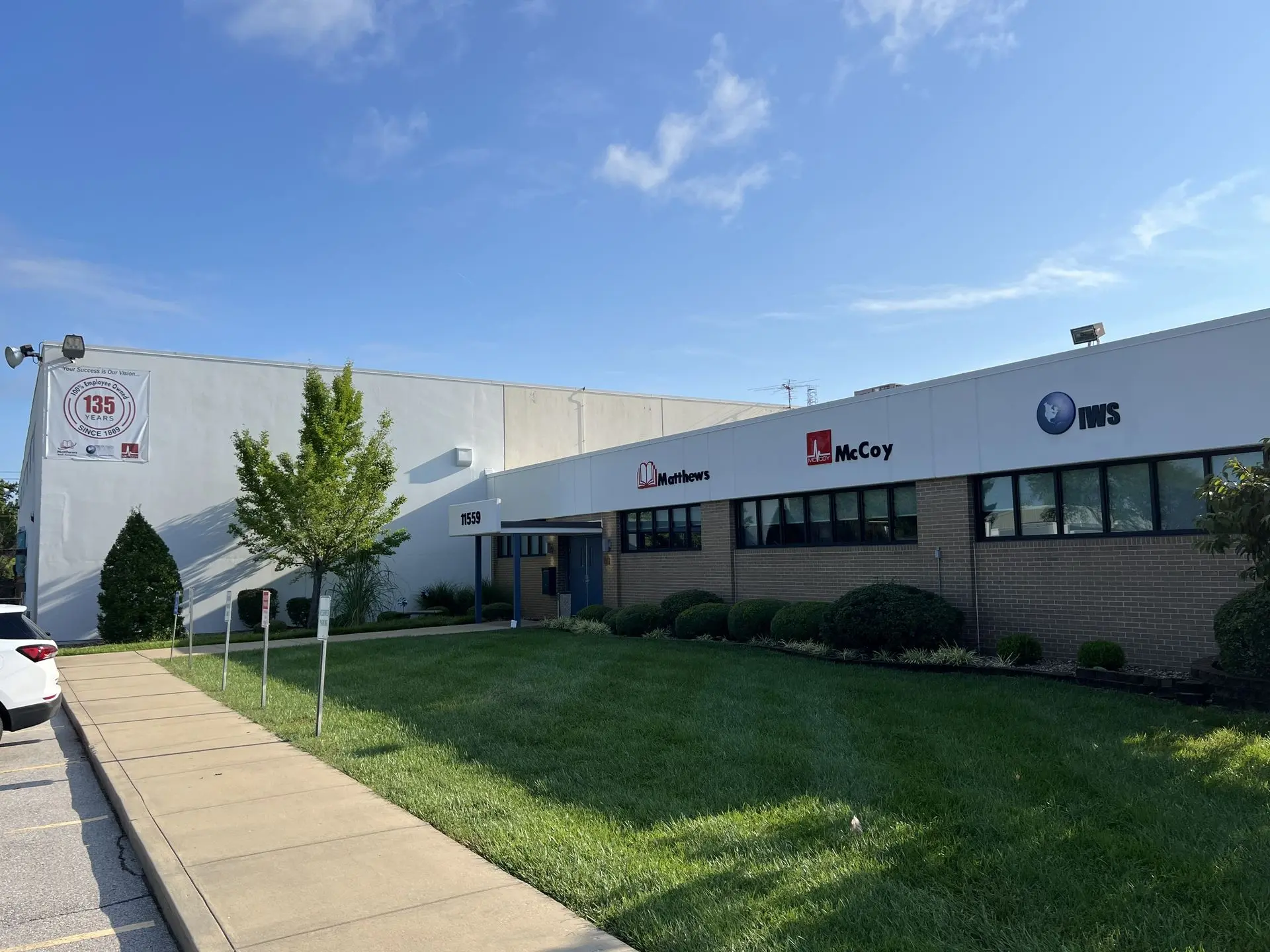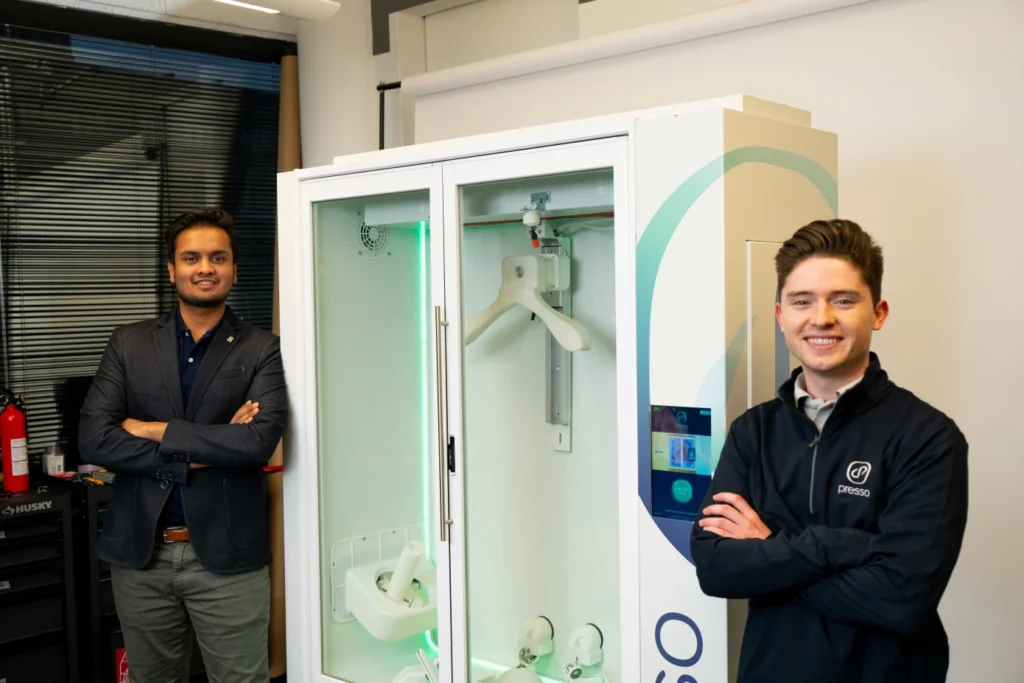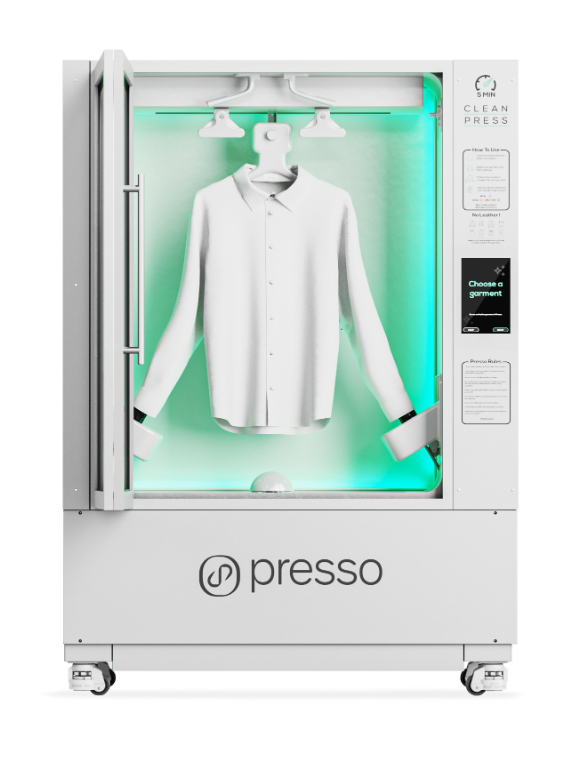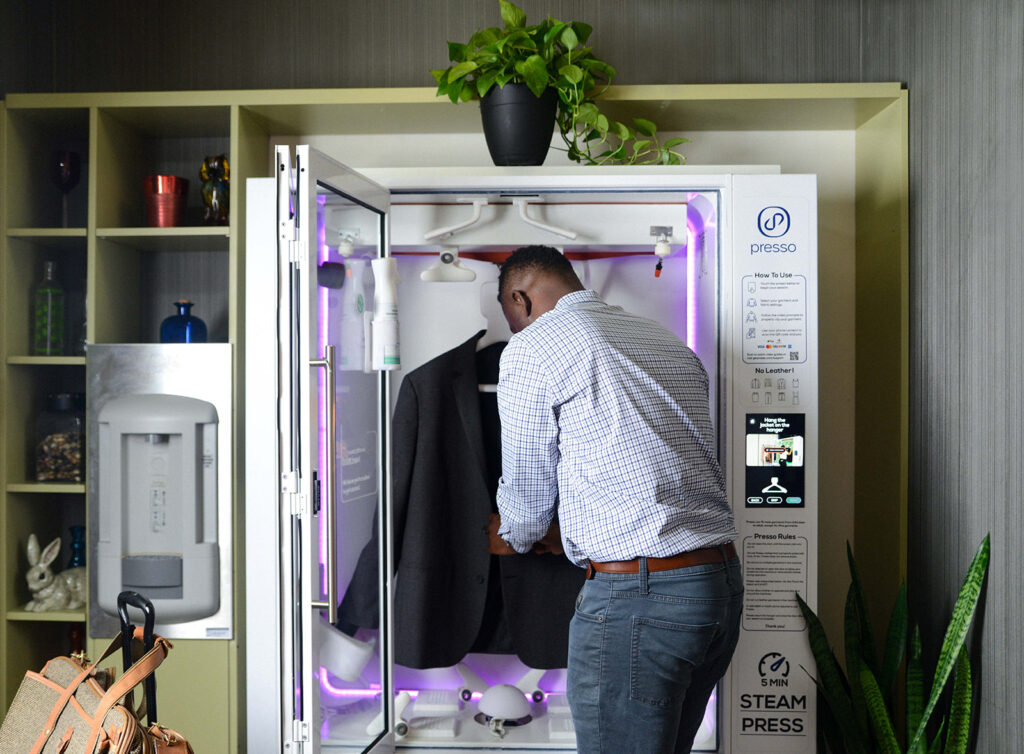Location/Region: St. Louis, Missouri
Industry:
Educational Medical Supplies
Apps implemented: Knowledge, CRM, Sales, Accounting, Subscriptions, Inventory, Helpdesk, Website, eLearning, Email Marketing, Events, Website, Purchase, Manufacturing, Sign
Software Replaced:
Custom/In-House ERP
Number of users: 50 users
Company
size: 120
Hosting type: Odoo on-premise

Doctors and nurses perform life-saving procedures daily, providing critical care to people who need medical attention. This is why medical schooling is one of the most rigorous educational journeys a person can take. Our nurses and doctors go through years of learning, training, and hands-on practice to ensure they are prepared for the career ahead of them. Companies such as McCoy Medical provide medical students with the training equipment needed to give them the most real-life experience possible without actually engaging with human patients.
Founded in 1973, McCoy Medical was created under the parent company MMCI Holdings, which also owns two other businesses– Matthews Book Company and International Wholesale Supply. With Matthews Book Company distributing health science books to the same market, McCoy Medical was the natural next step in supplying medical universities and their campus stores with all of the resources necessary to best educate their students.
Today, McCoy Medical sells a variety of training equipment for future doctors and nurses, including lab coats, syringes, PPE, injection pad trainers, CPR kits, stethoscopes, and more. As the Missouri-based company expanded its operations, its old business management software wasn’t cutting it. It needed a more robust ERP to support its continued success in the medical education industry and, as it turns out, Odoo was the right fit.

Juggling systems and slowed efficiency pre-Odoo
Prior to using Odoo, McCoy Medical utilized a custom ERP system designed by an in-house IT technician. The company used it primarily for sales orders, inventory management, and manufacturing purposes. CEO Gedas Gudenas explains that while the custom software sufficed for some time, its functionality unfortunately couldn’t keep up with the company’s growth. He says that McCoy Medical eventually had to integrate so many other systems, including accounting software, with its custom ERP that it became cumbersome, slowing down efficiency and opening up a space for errors to occur. Simply put, this old system required too much manual labor in order to work.
The company began coming to terms with the idea that it would have to upgrade its software, and started researching alternative options. In addition to Odoo, McCoy Medical explored the popular Netsuite, SAP, and Microsoft Dynamics. Odoo, Gedas explains, had better value for the amount of features it offered compared to competitors. He also really liked that Odoo is open-source, lending itself well to customizations down the line depending on what the company needed. And finally, Odoo is simply user-friendly. This was especially appealing given that McCoy Medical had been using its custom-designed ERP since the ‘90s, and many employees were used to this system. Odoo’s ease of use helped make the transition less daunting.
McCoy Medical paired up with Odoo Partner Sodexis Inc. for its implementation, which Gedas says went smoothly. Sodexis helped McCoy Medical build custom tools, such as an import function that helped migrate “millions of records” to Odoo from the company’s old system.

"Having a good partner was definitely a really, really, really good thing. It was an investment. Another good thing about Odoo is they have a good partner system."
Gedas Gudenas, CEO of McCoy Medical
McCoy Medical went live with Odoo in 2020 and hasn’t
looked back since.
A healthy future ahead with Odoo’s integration
In the past four years, Odoo has helped McCoy Medical have a much more cohesive flow of operations. Before, the company connected many 3rd party platforms to its in-house system to have all of the functionality it needed. Now, Odoo’s full integration allows McCoy Medical to complete its tasks from start to finish using the same software system. This saves the company tremendous manpower and reduces the risk of errors.

Gedas says that a huge benefit of Odoo has been that all of the company’s internal communication is now streamlined—people can tag each other in tasks, add photos for additional context, and log internal notes. Everything is tracked and documented, and information is easily accessed.
We didn't have accounting and our sales and inventory systems together prior to Odoo, so being on one system has just really been great. You can tie everything to the balance sheets and inventory records. So it’s really helped accounting.
In an ongoing sense, Gedas particularly appreciates the fact that Odoo is constantly growing and adapting to businesses’ changing needs. With each new Odoo version, new, useful features and modules are available for McCoy Medical to implement into its daily workflows.
The big thing is I like that it changes every year. They’re adding new features. There’s always something new that’s being added.
With Odoo now streamlining the company’s workflows and internal communication, McCoy Medical can focus all of its attention on supplying future nurses and doctors with the training equipment they need help lives across the country.









































Location/Region: Atlanta, Georgia
Industry: Garment care
Apps implemented: Inventory, Manufacturing, Employees, Shop Floor
Software Replaced: Google Drive, Notion, Osano
Number of users: 14
Company size: 20
Hosting type: Odoo.sh
Laundry is a mundane chore that everyone does, and yet for some people, it can still cause issues. Delicate garments can get ruined by the washer and dryer process, a white sock can come out pink due to a stray piece of red clothing, a shirt may pop out two sizes too small. In addition to being error-prone, laundry machines can take up to an hour to complete their cycles, requiring people to be home for long stretches of time to get this simple chore completed. Presso wants to change the way modern garment care is done.
Presso was founded in 2018 by two college students during their senior year at Purdue University. Co-founders Thibault Corens, from Belgium, and Nishant Jain, from India, met as freshmen in 2014, both having never done their own laundry up until that point. They quickly realized not only what a hassle doing laundry can be and how long it can take, but also how finicky the chore really is. Both of them ruined some clothes in the process of figuring out how the college’s particular laundry machines worked. By senior year, they had invented a new way of doing laundry.
Left: Co-Founder Nishant Jain, Right: Co-Founder Thibault Corens
Presso designs laundry machines with robotic technology that clean and press clothes in four and a half minutes. Not only is the process speedy, but the specialized laundering methods result in increased longevity for garments– 8x that of a regular laundry machine. This means no more color fading, shrinkage, or damaged material from harsh washers and dryers. This is due to Presso’s unique system that doesn’t utilize tumbling, meaning much less agitation for clothing. While this high-level of care is typically expensive and hard to access, Presso’s main focus is making its machines available in multi-family units, hotels, and other communal spaces as a self-service option.
As Presso strives to change the way laundry is done, it has grown and reached levels of success that simply outgrew its old business management software. Enter Odoo as the modern solution for this modernized company!
Tangled threads: Presso’s pre-Odoo operational hiccups
Before switching to Odoo, Presso was using a combination of Google Drive, Notion, and Osano to manage its day-to-day operations. At the beginning, this system made sense for the company because it was only manufacturing around three laundry machines a year, and therefore wasn’t ready for a full-functioning ERP solution quite yet. However, as the company began scaling up, not having operations automated started becoming an issue. Co-founder Thibault Corens explains that managing inventory in spreadsheets was especially difficult and unsustainable for growth. He and his business partner Nishant began exploring other ERPs options, including Netsuite and Odoo. Ultimately, the pair decided on Odoo due to its simplicity, visual appeal, and high level of customizability.
Presso went live with Odoo in early 2022. Thibault says that their Odoo implementation went smoothly, especially since it was more building out a new database rather than switching a lot of data over, since at the time, the company didn’t have much information to transfer. With a new ERP in hand, Presso was now prepared to tackle the continuing growth of its business.
Im-Presso efficiency with Odoo’s automation
Presso is now two and a half years into its journey with Odoo, and the difference in the company’s day-to-day operations is tangible. Thibault says that Odoo's Inventory application has made a huge impact on Presso, especially compared to its previous inventory management system in spreadsheets that left much to be desired.
In general, the fully-automated nature of Odoo has made Presso much more efficient. The software has also provided the company and its team with tracking capabilities, particularly when it comes to seeing which combinations of laundry machines are out in the field at which locations. Thibault also explains how Odoo has allowed him and his business partner the ability to understand the efficacy of Presso’s manufacturing line. In the future, Thibault sees Odoo helping the company manage maintenance and repairs as well for its machines.
With Odoo’s support and automated workflows, Presso is excited to change the way modern laundry is done.
Start now - It's free